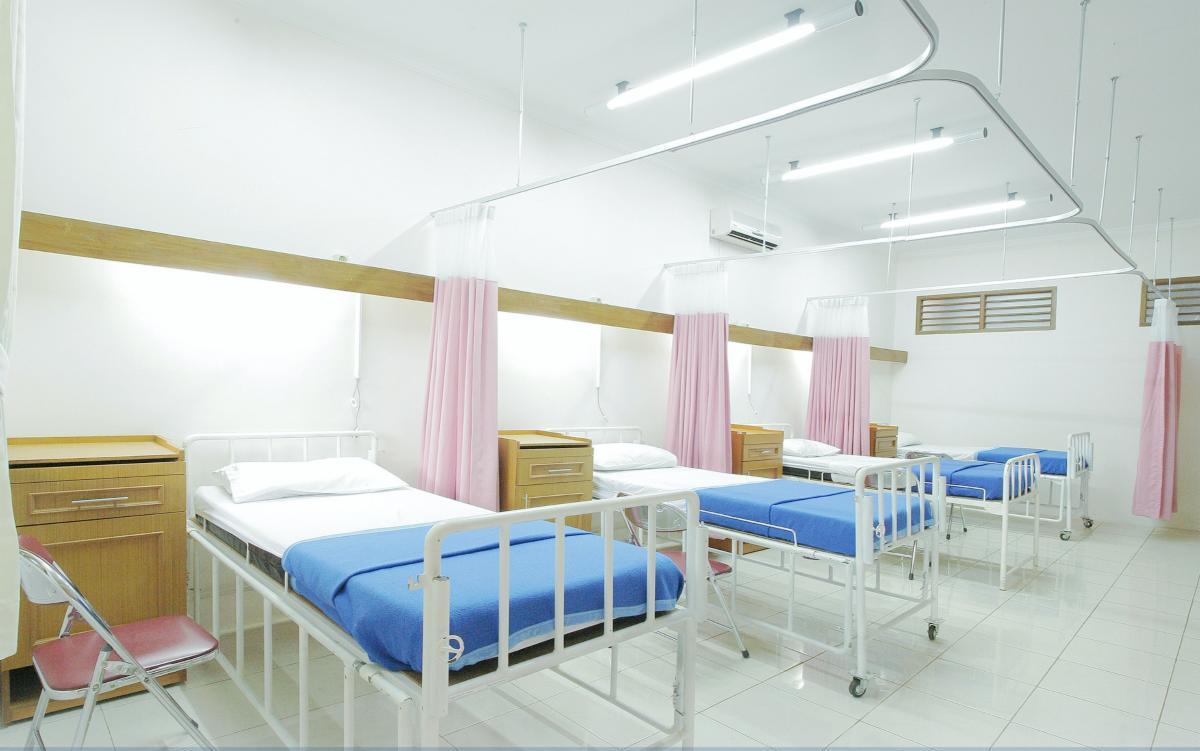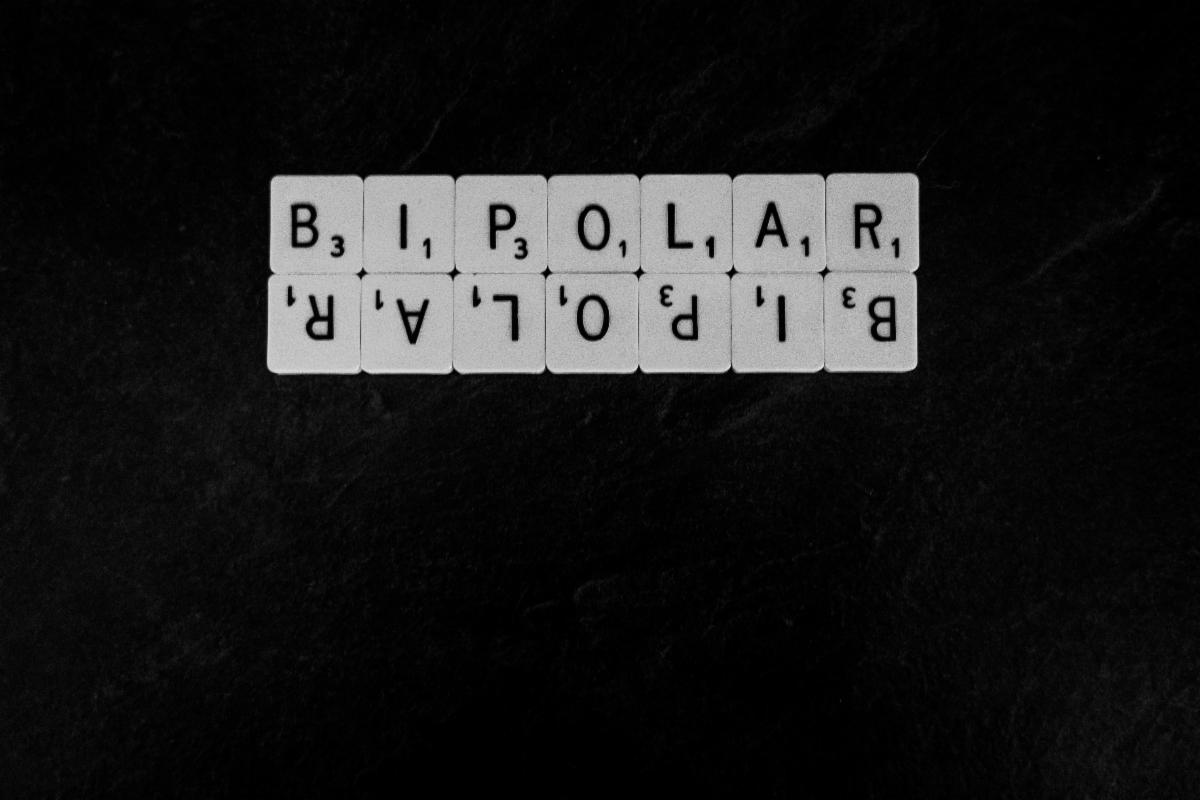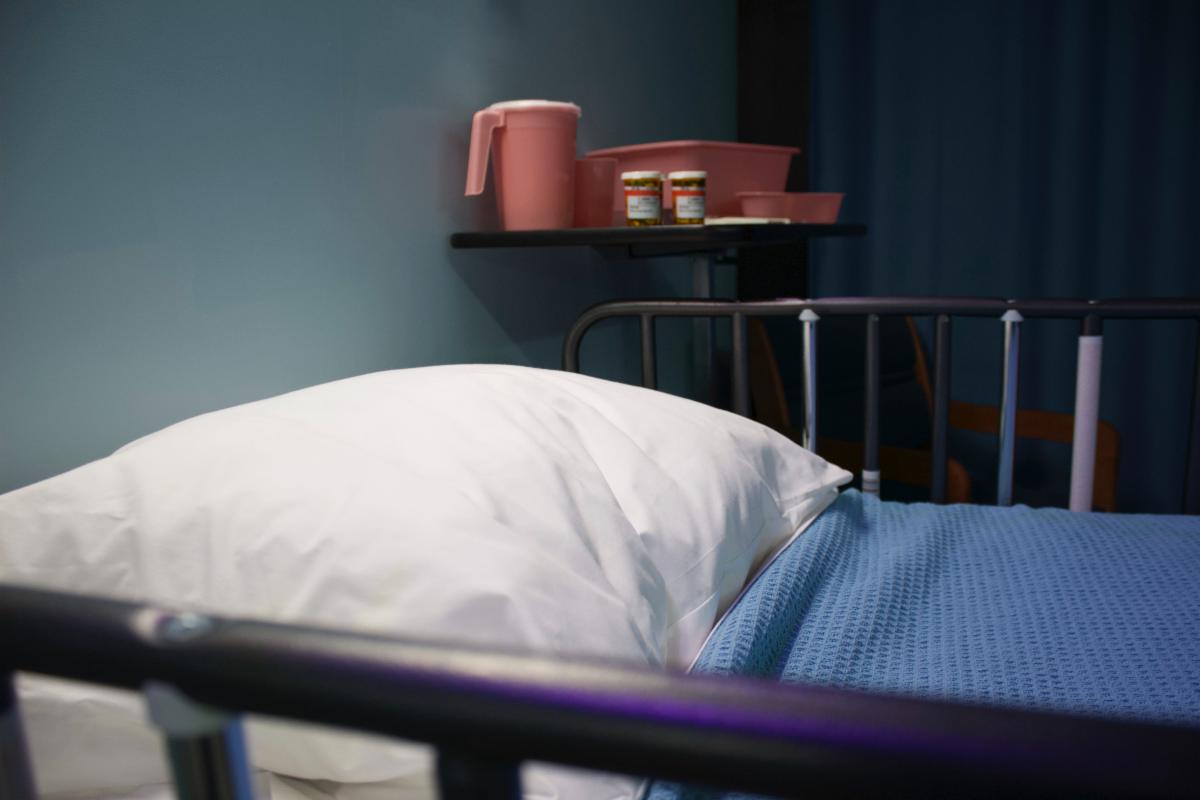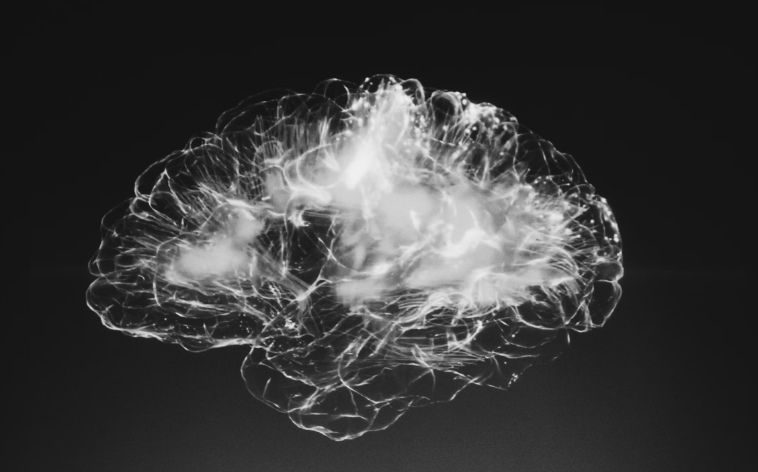Reform priorities: Psychiatric bed shortages
Psychiatric hospitalization can be lifesaving for people with severe mental illness (SMI) who need intensive, inpatient care – the equivalent of the cardiac ICU for heart patients. Without a sufficient number of psychiatric hospital beds, many people with SMI are left to deteriorate, languish in jail, and even die while waiting for a bed to open.
State hospital beds
When people in psychiatric distress are uninsured, poor, charged with crimes, or meet state criteria for civil commitment because they are dangerous to themselves or others, publicly supported state psychiatric beds are most often where they are admitted for treatment.
The rapid disappearance of state psychiatric beds since the 1960s has led to significant consequences for people with severe mental illness, such as:
- An unnecessary disparity in access to treatment for extremely vulnerable populations, such as those who have no or public insurance.
- People with SMI being held in correctional facilities while waiting for a bed who have never been charged with a crime.
- Being discharged “quicker but sicker,” resulting in frequent readmissions and heightening risk of suicidal behaviors.
- Psychiatric boarding in emergency departments because no beds are available.
- Prolonged incarceration without treatment in jail cells following criminal charges.

#aBedInstead
While the shortage of psychiatric hospital beds has dire consequences, there are solutions. Your voice matters in increasing the availability of state psychiatric hospital beds in our country.














